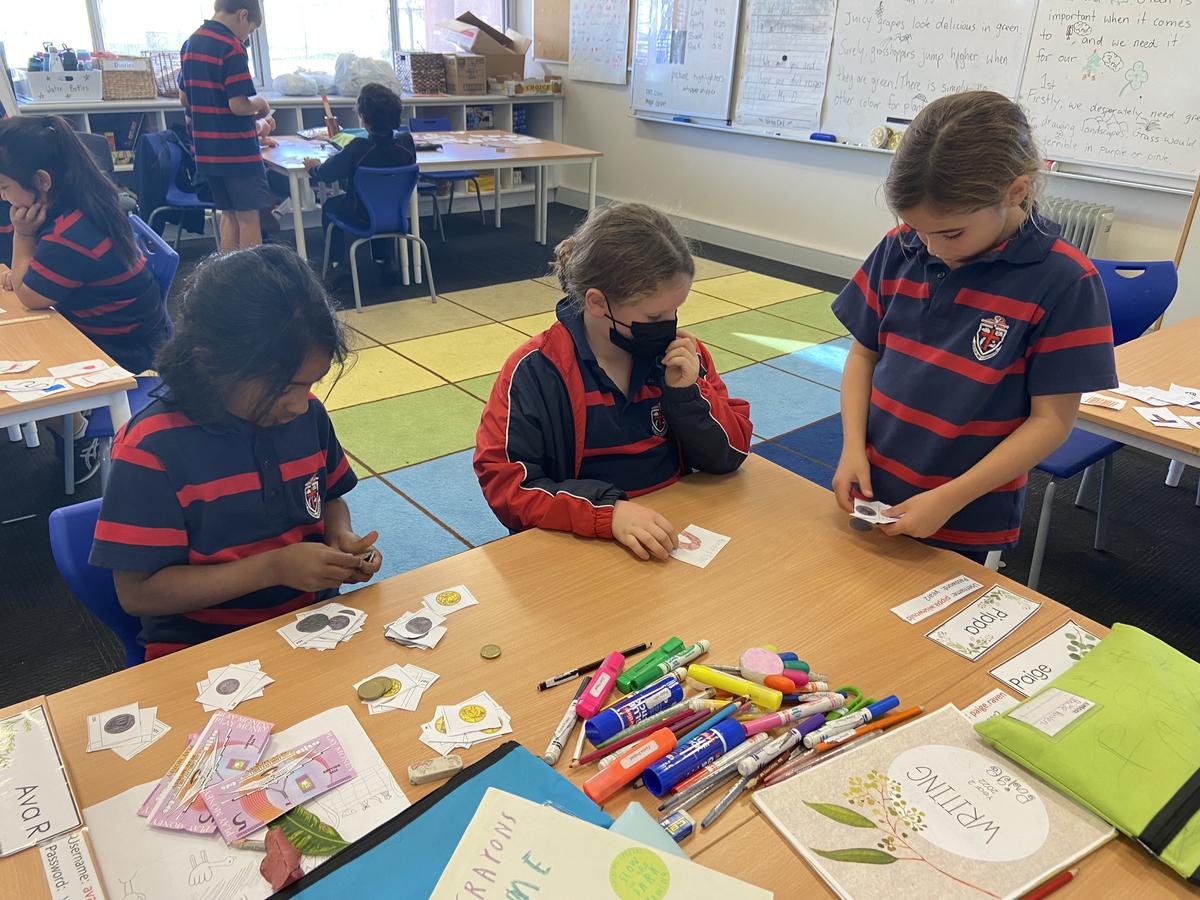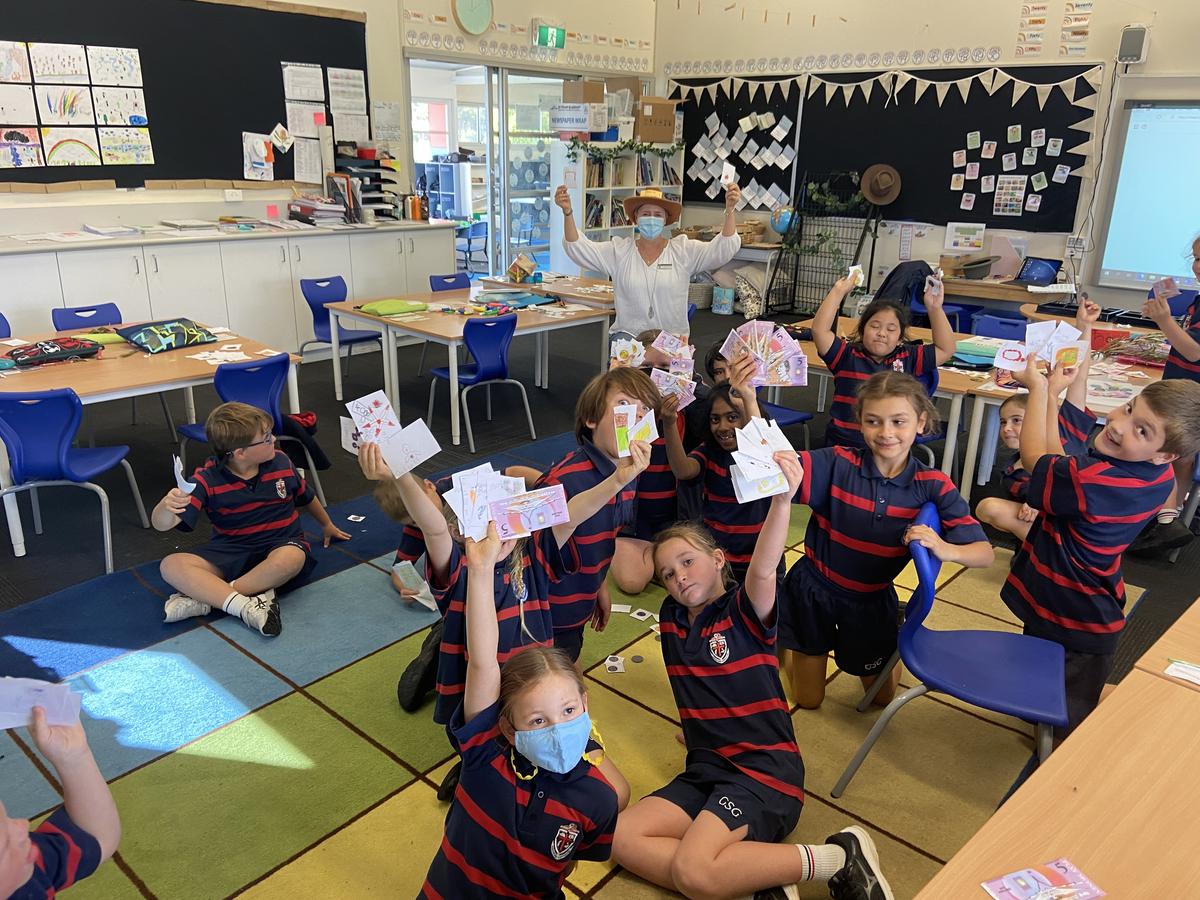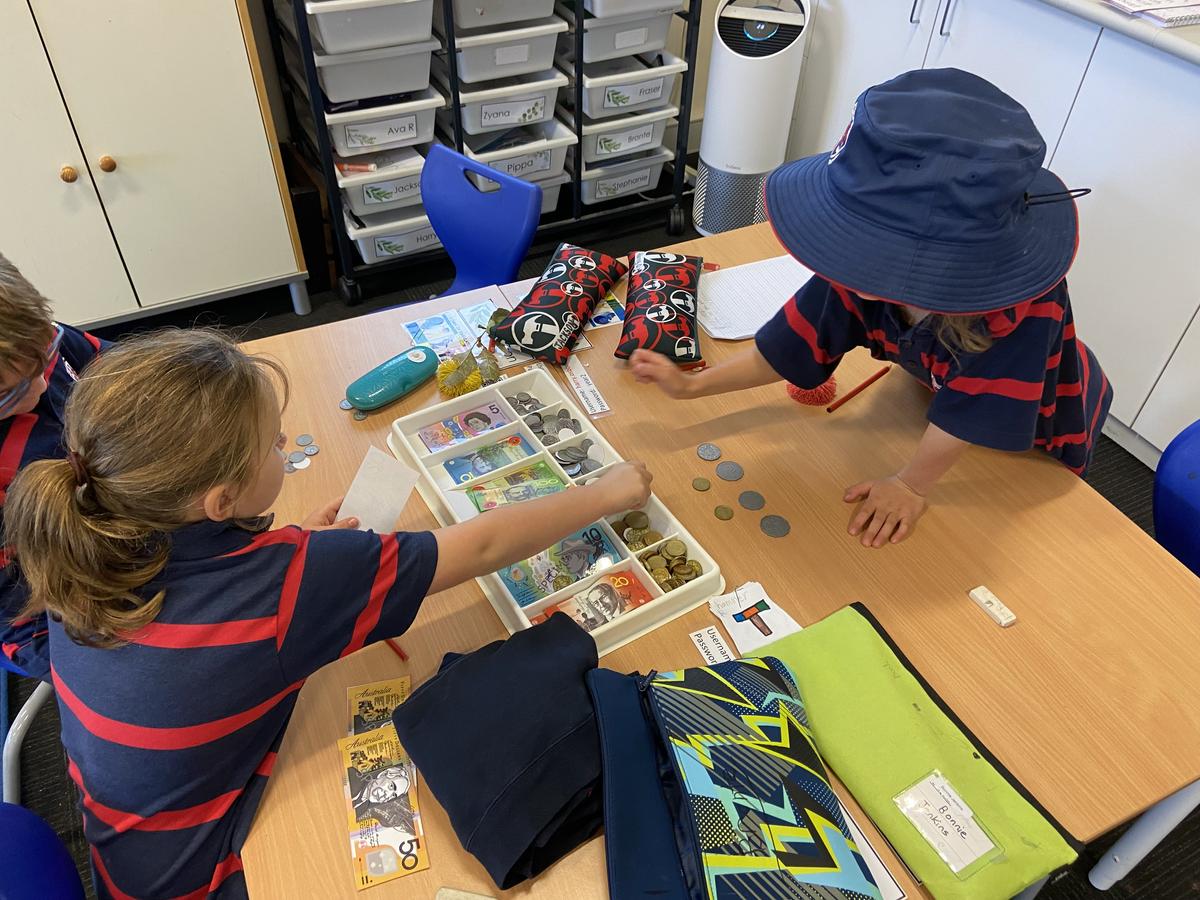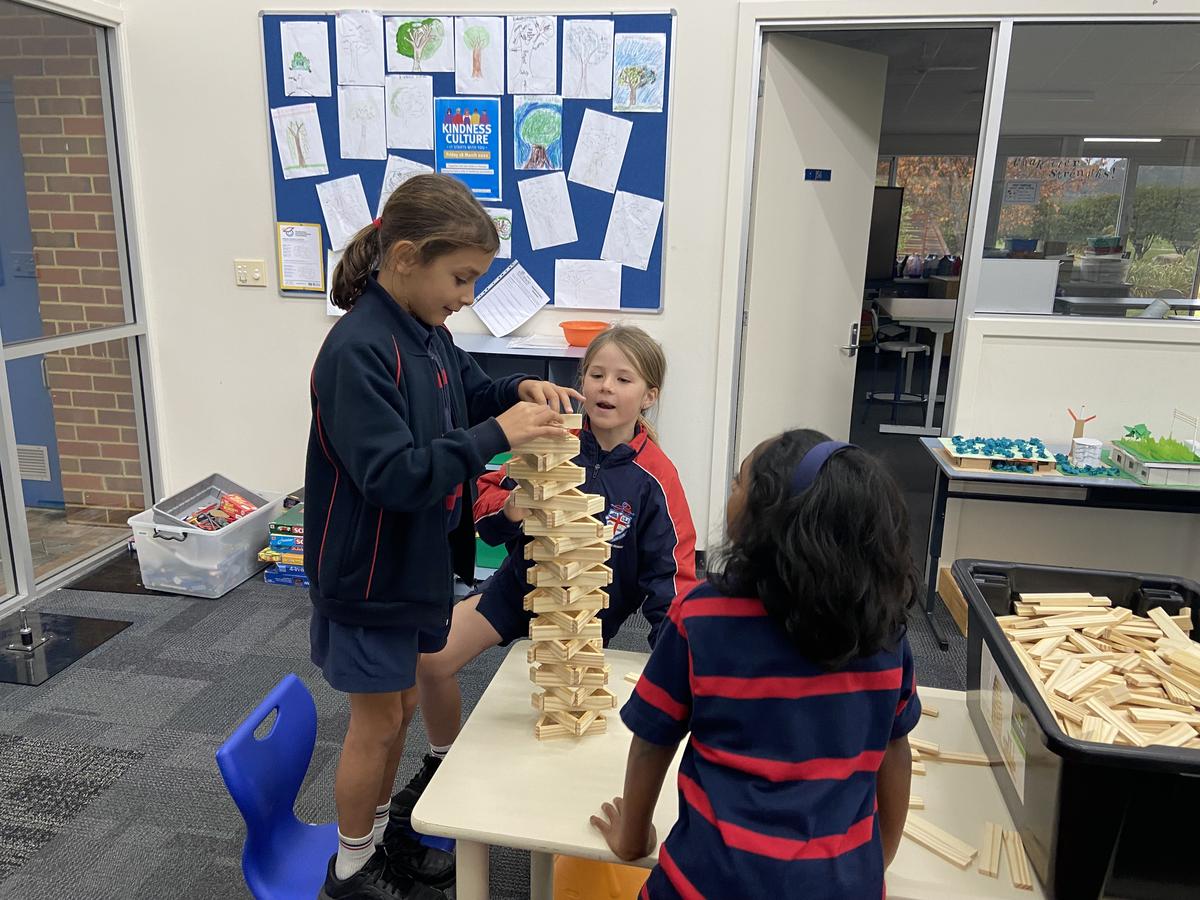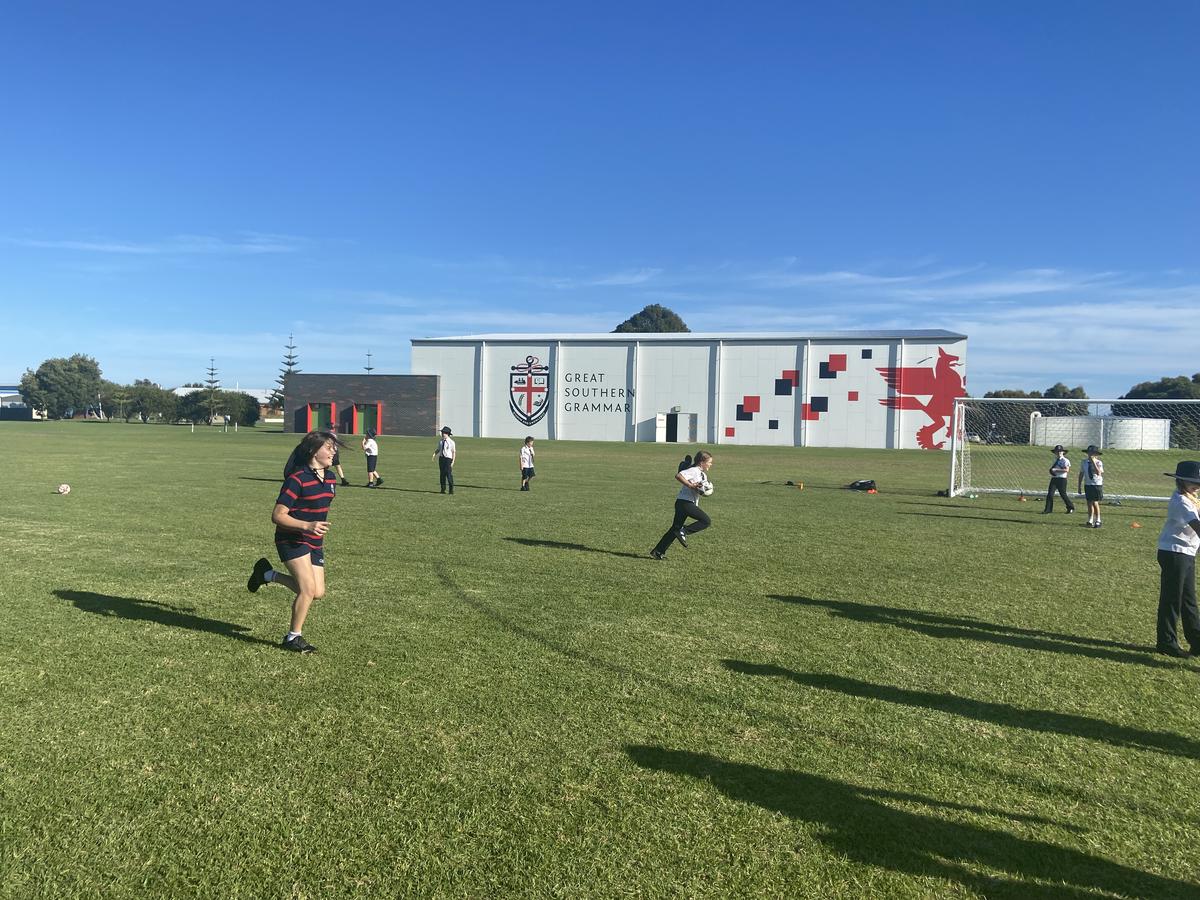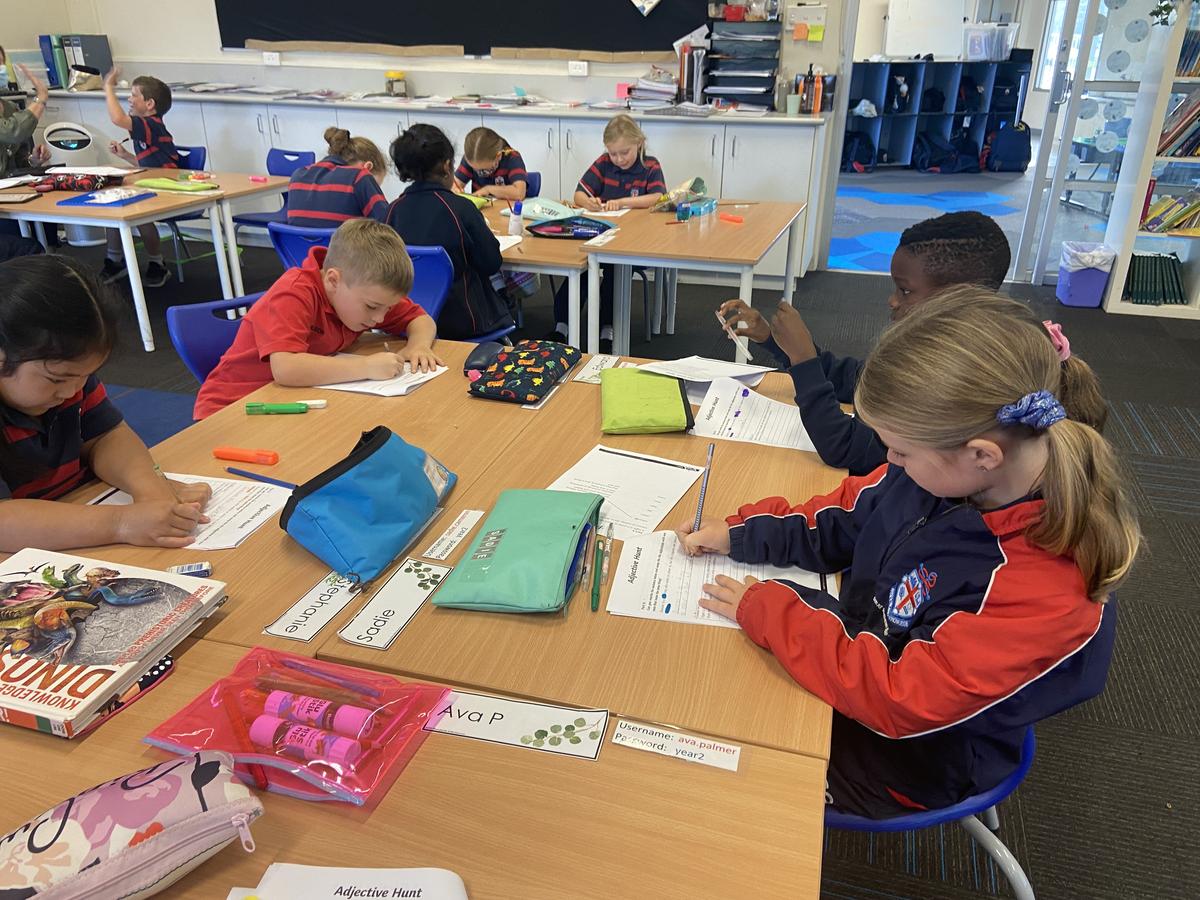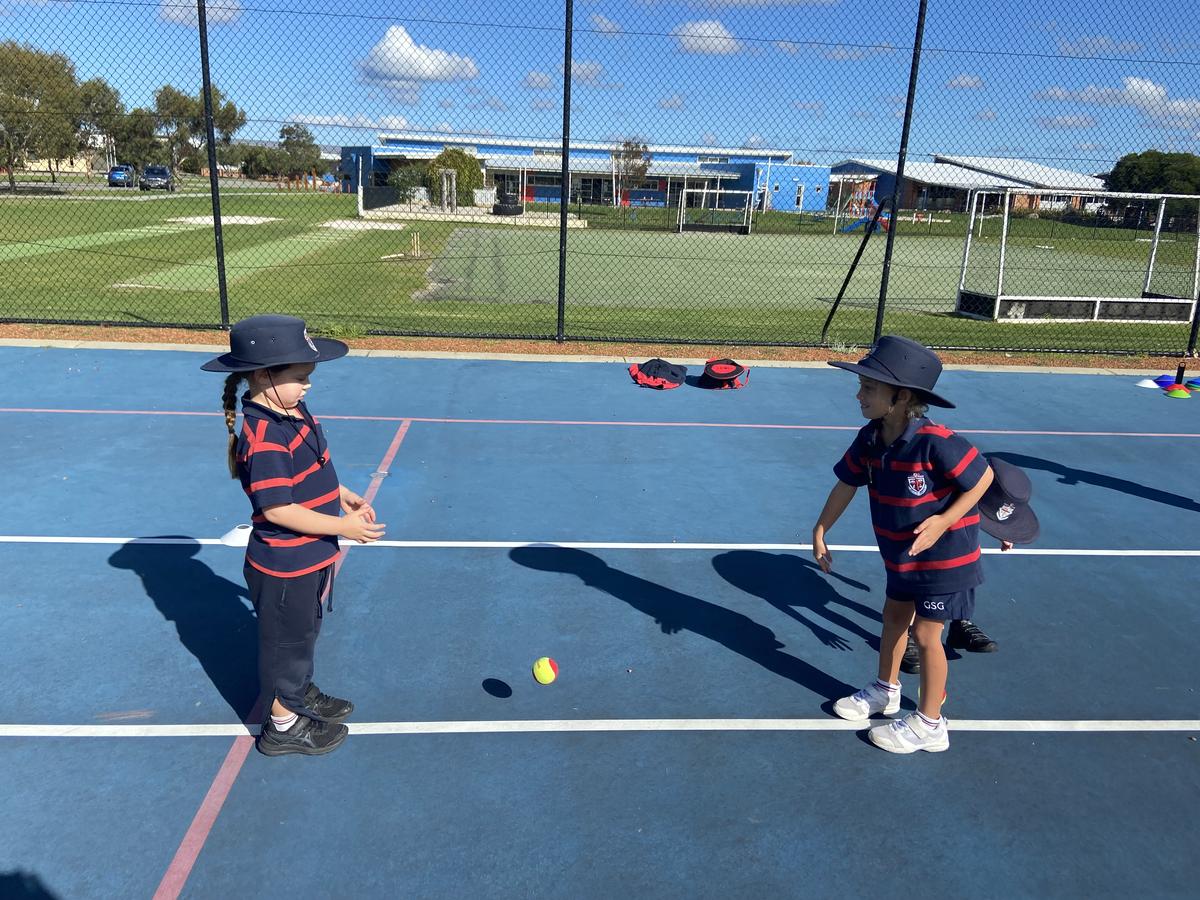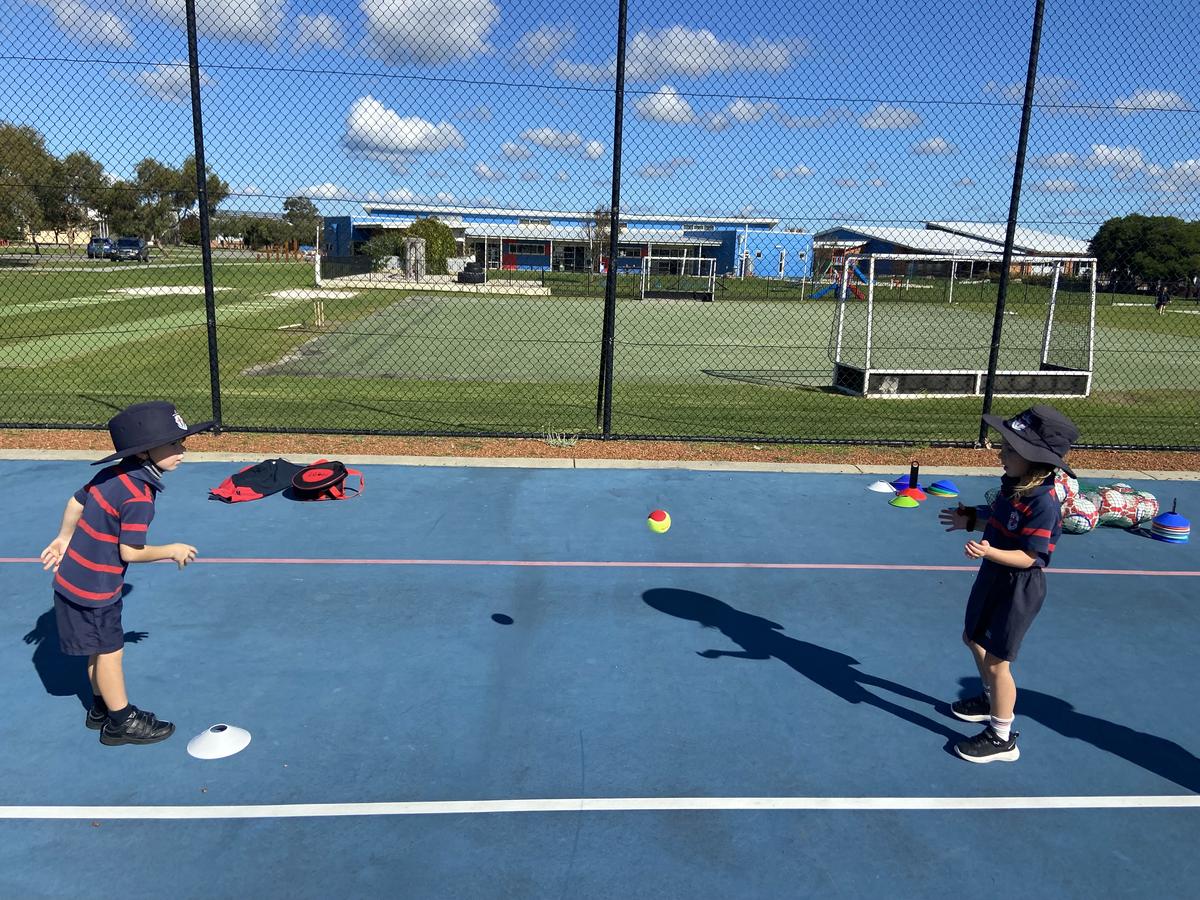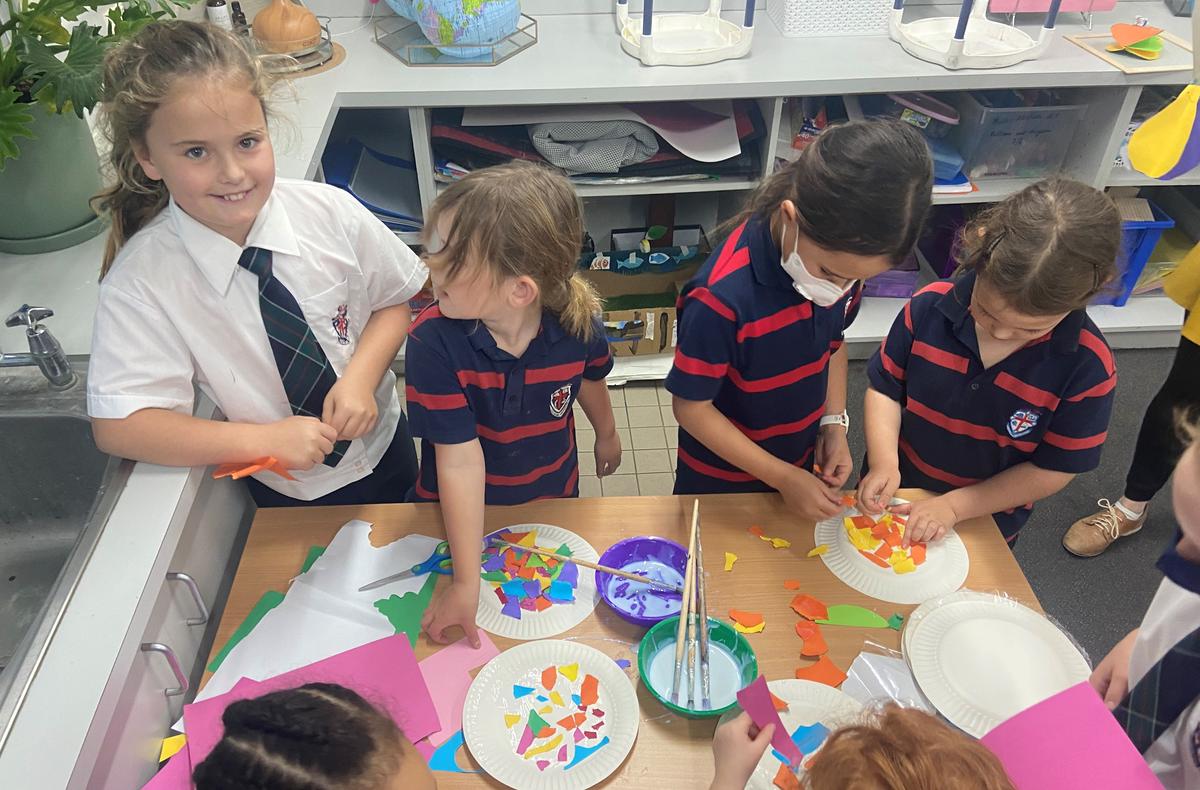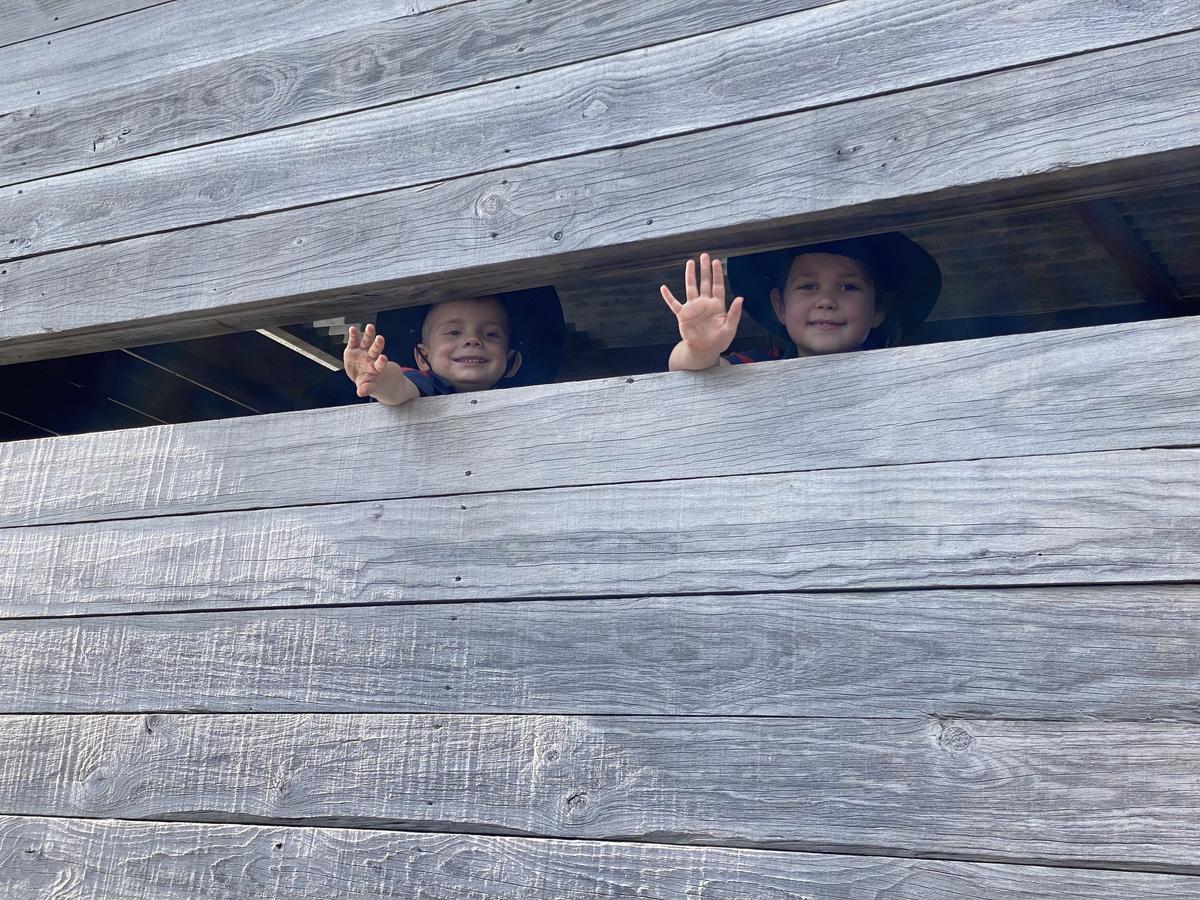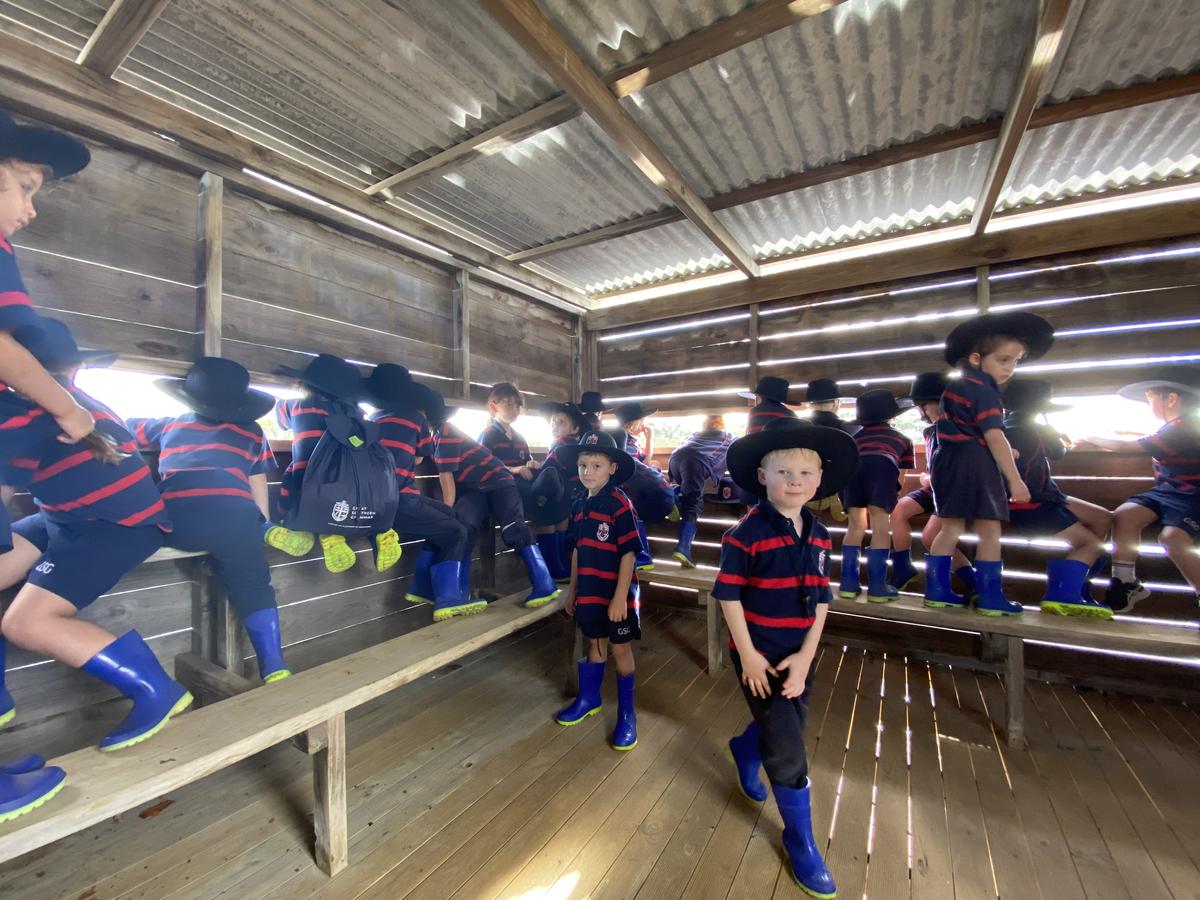Junior School
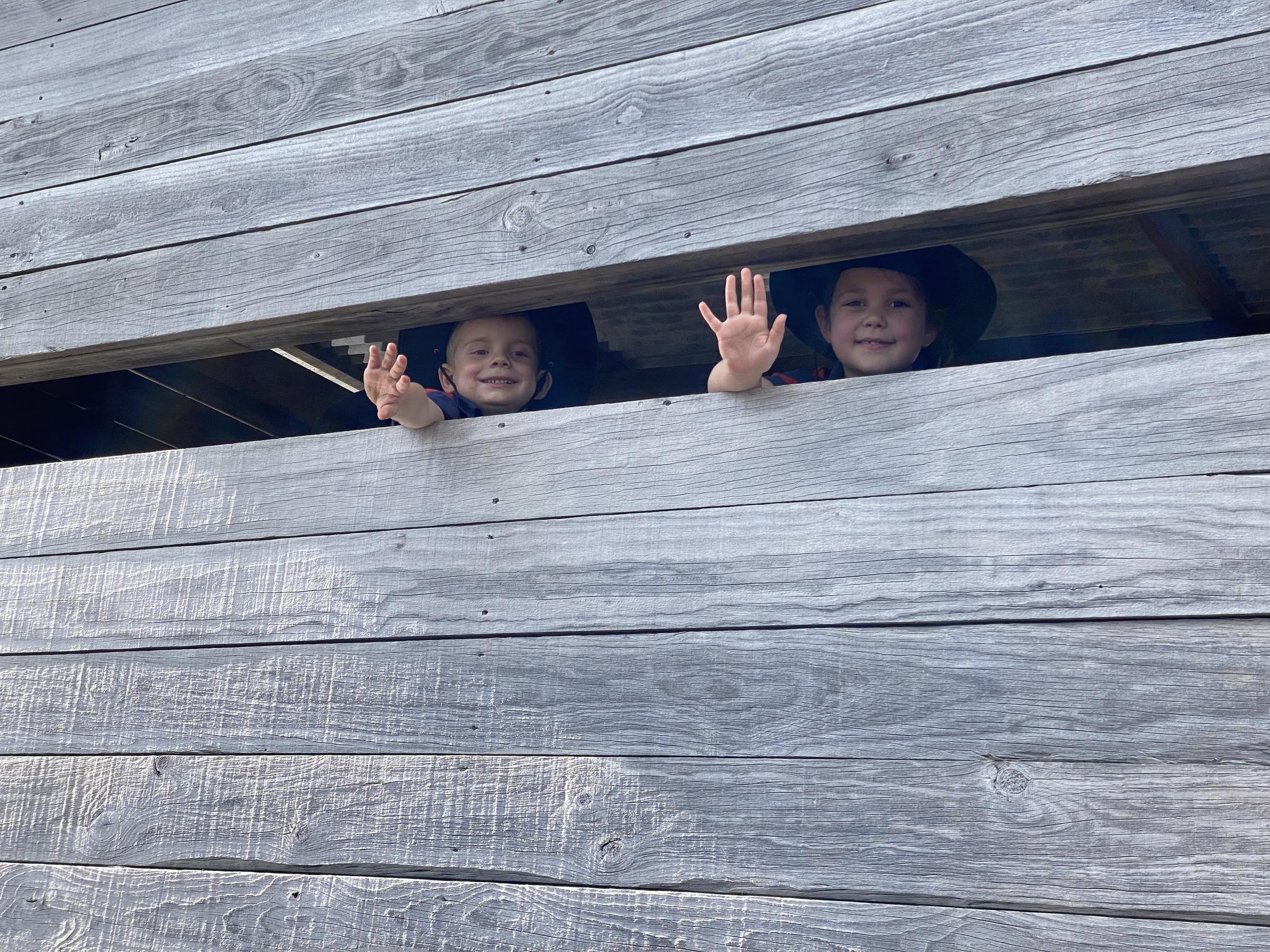
From the Head of Junior School
Little leaps forward
As we enter the mid-term period, this is typically when we see students taking greater independent steps in their learning or little leaps forward as I like to refer to them.
Little leaps forward are moments when a student has grasped a concept or a skill that helps them complete a task either more confidently or work at a higher level than before. Often students don’t immediately recognise the leap forward in progress themselves, but with some targeted feedback it's lovely when they do.
This is not to say these moments only occur in mid-term, they can happen at any time of year but often once a class has developed their learning routines and covered particular concepts to help ‘connect the dots’ of understanding for students we see around mid-term these little leaps forward occur more frequently.
Examples of little leaps forward could include:
- Using a variety of punctuation in writing
- Hearing a student using reading strategies to decode words
- Playing together with the same equipment and toys
- Increasing responsibility to manage their belongings
- Problem solving using multi-step algorithms
- Delivering a speech with only dot points as prompts
These are wonderful moments to celebrate for students and whilst they don’t typically attract huge attention in the form of assembly awards or prizes, they are no less significant. In fact, I would argue they could be more valuable particularly if the student is able to make the connection between their own progress and the steps it took to get there.
This fortnight we are focusing on the learner attribute of 'organisation'. Little leaps forward occur when many different elements line up for a student. One of those elements typically present is what I would consider an enabler element for learning, and that is ‘organisation’. At every age and stage, organisation skills help prepare ourselves physically and mentally for learning.
Being organised helps students develop routines that ensure they have the necessary materials to be ready for learning, to be on time, to have things pre-prepared, to schedule practices and to break large tasks into smaller more manageable pieces. The old adage “it takes a village to raise a child” is particularly apt for the organisation attribute, as there are many facets to our lives and no one source can provide the organisational skills to cover it all. There is a partnership between families and school to help our young people develop these routines that will help them build their organisation skills over time. A quick snapshot of this helps convey the point, organisation is present in so many aspects of a students day.
- Getting ready for school (uniform, lunch, bags, buses etc..)
- Setting up at school (diary, water bottles, devices, music instruments etc…)
- Training/rehearsing (being on time, having equipment or instrument)
- Learning in class (sourcing equipment, saving files appropriately, uploading work on time)
- After school (co-curricular activities, home chores, practice)
We all contribute to developing organisation skills in our children’s lives, and this fortnight is a good opportunity for us to recognise and celebrate how organisation supports our little leaps forward in learning.
With warm regards, and thanks
Mr Ken Raven | Head of Junior School

